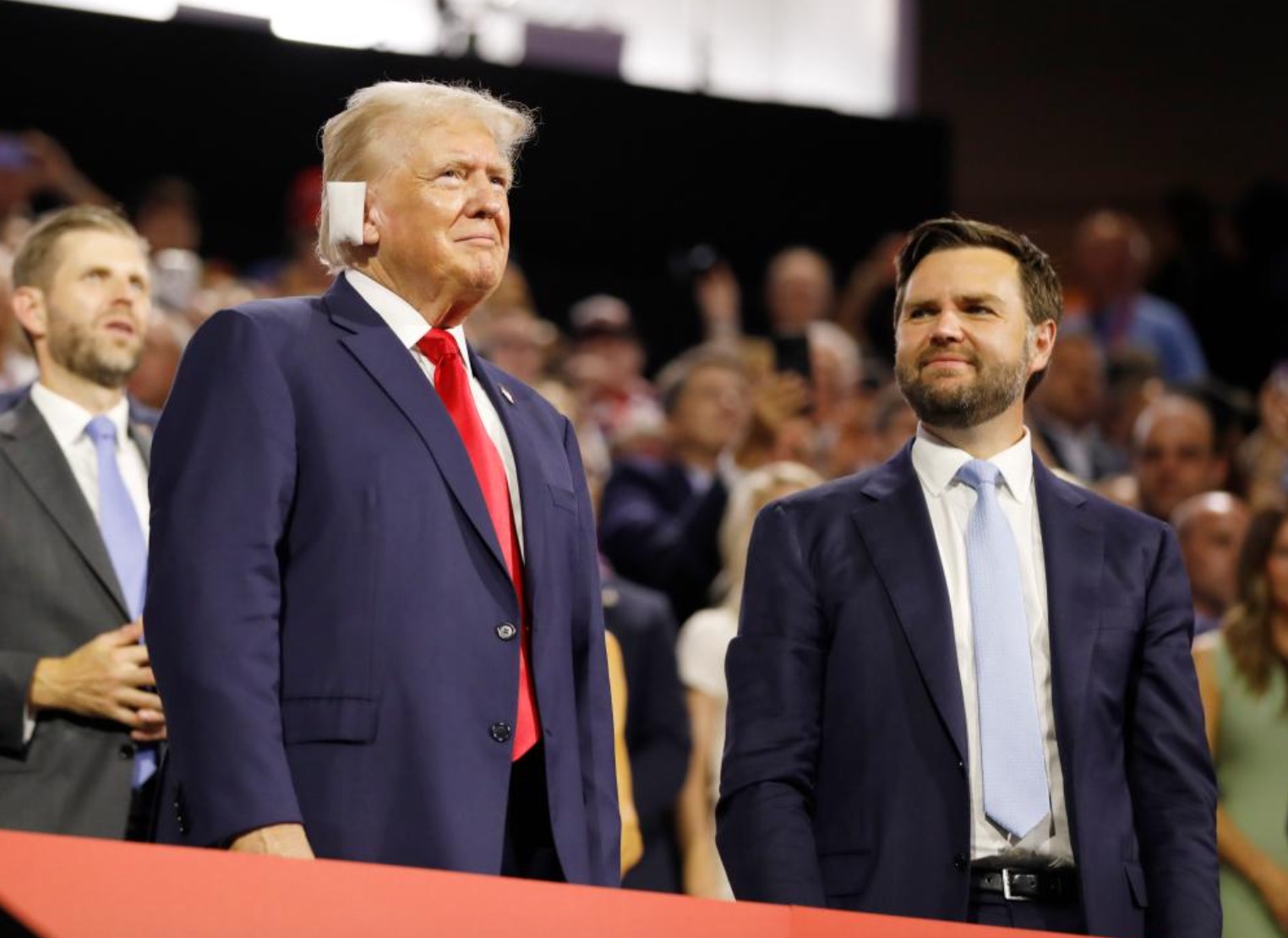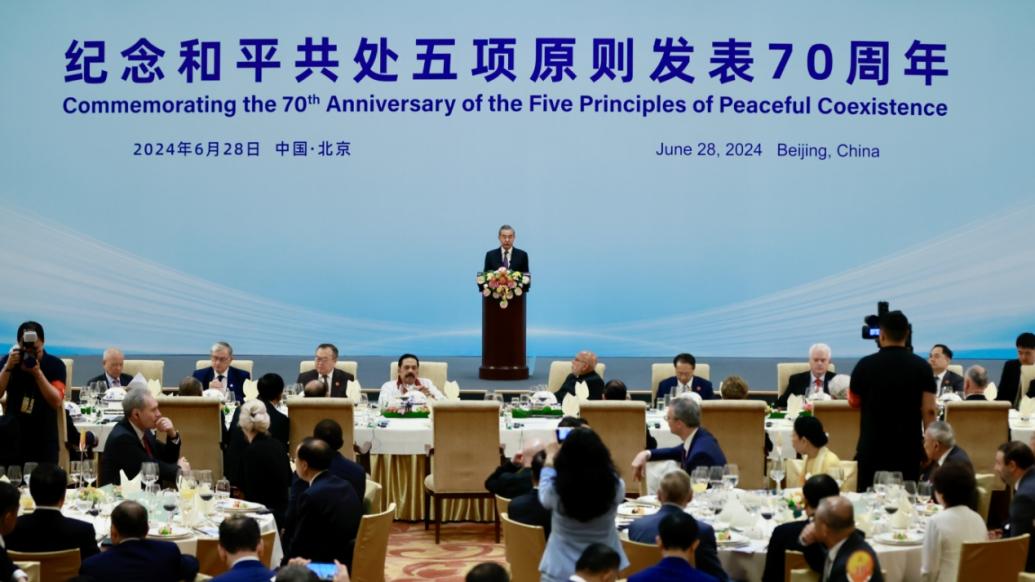
By Michael S. H. Heng
Is the Trump-Tsai Phone Call a Storm in a Teacup?
The recent phone conversation between US President-elect Donald Trump and Taiwanese President Tsai Ing-wen was reported to be the first between a leader of Taiwan and a US president or president-elect since diplomatic ties between America and Taiwan were severed in 1979. The move went against established diplomatic protocols and inspired a range of commentaries in reputable newspapers.
Most of the commentaries took a grim view of Trump’s action while a few saw it as a brilliant calculated move. Their differences nonetheless, the underlying assumption is that this phone call is of long-term consequence. Those schooled in the art of diplomacy obviously resent it, asserting that it is highly provocative and may even set off a crisis. In the worst-case scenario, it may even upset global stability. Is it really that serious? Or with hindsight years down the road, is it but a storm in a teacup?
Given the unpredictable and Don Quixote-like modus operandi of the incoming president, we should not be surprised by this out-of-the way move. In fact, the world should prepare itself for more of such behavior from him. In fact, he did soon follow it up with his remark on the
One China policy.
Given the dominant position of the US in global affairs, it is natural for the world to take notice of every new move by all current and incoming occupants of the While House. So, is the phone call indicative of Trump’s wish to chart a new course in US-China relations? To answer the question, we must examine if this converges with other moves of his new administration, the willingness or otherwise of both Houses of Congress to go along with it, etc.
As part of the enquiry, it is important to examine the institutional constraints imposed on the office of the US President. As it is, the US President has less freedom of action than a British prime minister. Over the past few centuries of political evolution, the country has produced a system of checks and balances which guide — and limit if necessary — new initiatives of the Oval Office. There is little sign to suggest that the system is breaking down.
Another relevant point to raise is the condition of Sino-US relations. If the system is sound or robust, there is little need to worry. State-to-state relations exhibit characteristics of systems. When a system is highly unstable and very fragile, a small perturbation can transmit it across the system, magnifying its impacts along its path in the process. Soon it reaches a point of no-return, and finds itself in a new equilibrium point, for better or for worse. This phenomenon is driven home to us in the on-going discussion about the danger of climate change.
The relations between China and the US have been improving on various fronts ever since the historic visit of President Nixon to China in 1972. For sure, there have been conflicts along the way, but it is near to reality to argue that the relations are sound. Interestingly, one indication of this stable relationship is revealed in the Chinese reaction to the Trump-Tsai phone conversation. Beijing sought to downplay its significance, and the Chinese foreign minister Wang Yi described it as “just a small trick” by Taiwan.
Perhaps of greater concern to China is the latest Trump’s remark that he was revisiting the One China policy. US business has many vested interests in maintaining that policy, and it is highly unlikely that the new president can be more heroic than a modern Don Quixote. Rather, Trump was using the move as a bargaining chip in his future negotiations with Beijing.
As Sino-US relations form an important component of the global order, the saga of the phone call should be used as an occasion to revisit its state of health. So, while enjoying a cup of tea, made more fragrant by the storm in it, journalists and columnists may enlighten the younger generations on the ways and means to build a fairer and more robust world order.
























Leave a Reply
Your email address will not be published. Required fields are marked *